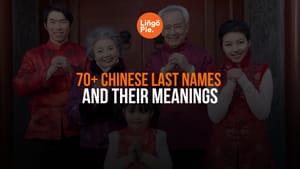Did you know China's gaming scene is totally blowing up right now? Like, seriously, it's HUGE. We're talking millions of Chinese gamers and some seriously addictive games you've probably never even heard of.
As the influence of Chinese gaming continues to grow, understanding key gaming terms in Chinese and knowing the most popular games in the country can enhance your gaming experience and cultural knowledge.
In this blog post, we'll introduce you to essential Chinese gaming terms every player should know. Then, we'll dish out the hottest games taking China by storm.

Video Gaming Terms In Chinese
For new gamers or those looking to immerse themselves in Chinese gaming culture, knowing the local lingo is crucial. Here are some essential Chinese gaming terms to get you started.
1. 游戏 (Yóuxì)
- Meaning: Game
- Example of usage in context: "这个游戏很有趣。" (This game is very interesting.)
2. 角色 (Jiǎosè)
- Meaning: Character
- Example of usage in context: "你喜欢哪个角色?" (Which character do you like?)
3. 任务 (Rènwù)
- Meaning: Mission/Quest
- Example of usage in context: "我完成了所有的任务。" (I have completed all the missions.)
4. 等级 (Děngjí)
- Meaning: Level
- Example of usage in context: "你的等级是多少?" (What is your level?)
5. 在线 (Zàixiàn)
- Meaning: Online
- Example of usage in context: "这个游戏是在线的吗?" (Is this game online?)
6. 人工智能 (Réngōng zhìnéng)
- Meaning: Artificial Intelligence (AI)
- Example of usage in context: "这个游戏的人工智能很聪明。" (The AI in this game is very smart.)
7. 多人游戏 (Duōrén yóuxì)
- Meaning: Multiplayer
- Example of usage in context: "我们一起玩多人游戏吧。" (Let's play a multiplayer game together.)
8. 模式 (Móshì)
- Meaning: Mode/Modification
- Example of usage in context: "你喜欢哪个游戏模式?" (Which game mode do you like?)
9. 服务器 (Fúwùqì)
- Meaning: Server
- Example of usage in context: "服务器出了问题。" (The server is having issues.)
10. 战队 (Zhànduì)
- Meaning: Clan/Team
- Example of usage in context: "你加入哪个战队了?" (Which team have you joined?)
11. 图形 (Túxíng)
- Meaning: Graphics
- Example of usage in context: "这个游戏的图形很好。" (The graphics in this game are very good.)
12. 错误 (Cuòwù)
- Meaning: Bug/Error
- Example of usage in context: "游戏里有一个错误。" (There is a bug in the game.)
13. 更新 (Gēngxīn)
- Meaning: Update
- Example of usage in context: "游戏有新更新了。" (The game has a new update.)
14. 难度 (Nándù)
- Meaning: Difficulty
- Example of usage in context: "你选择了什么难度?" (What difficulty did you choose?)
15. 游戏玩法 (Yóuxì wánfǎ)
- Meaning: Gameplay
- Example of usage in context: "这个游戏的玩法很有趣。" (The gameplay of this game is very interesting.)
16. 开放世界 (Kāifàng shìjiè)
- Meaning: Open World
- Example of usage in context: "这个游戏是开放世界的。" (This game is open world.)
17. 装备 (Zhuāngbèi)
- Meaning: Equipment
- Example of usage in context: "我需要更好的装备。" (I need better equipment.)
18. 解锁 (Jiěsuǒ)
- Meaning: Unlock
- Example of usage in context: "我解锁了一个新角色。" (I unlocked a new character.)
19. 技能 (Jìnéng)
- Meaning: Skill
- Example of usage in context: "我的角色学会了一个新技能。" (My character learned a new skill.)
20. 互动 (Hùdòng)
- Meaning: Interaction
- Example of usage in context: "游戏中的互动很有趣。" (The interactions in the game are interesting.)
21. 关卡 (Guānkǎ)
- Meaning: Level/Stage
- Example of usage in context: "我过了第一关。" (I passed the first stage.)
22. 冠军 (Guànjūn)
- Meaning: Champion
- Example of usage in context: "他是这个游戏的冠军。" (He is the champion of this game.)
23. 策略 (Cèlüè)
- Meaning: Strategy
- Example of usage in context: "你需要一个好策略来赢。" (You need a good strategy to win.)
24. 成就 (Chéngjiù)
- Meaning: Achievement
- Example of usage in context: "我达成了一个成就。" (I earned an achievement.)
25. 主C (Zhǔ C)
- Meaning: Main Carry
- Example of usage in context: "主C在这场比赛中表现得很好。" (The main carry performed very well in this match.)
26. 副C (Fù C)
- Meaning: Sub Carry
- Example of usage in context: "副C也很重要,特别是在团战中。" (The sub carry is also important, especially in team fights.)
27. 辅助 (Fǔzhù)
- Meaning: Support
- Example of usage in context: "辅助的任务是保护主C和副C。" (The support's role is to protect the main and sub carry.)
28. 奶 or 奶妈 (Nǎi or Nǎimā)
- Meaning: Healer
- Example of usage in context: "奶妈需要时刻注意队友的血量。" (The healer needs to constantly watch teammates' health.)
29. 挂机 (Guàjī)
- Meaning: AFK (Away From Keyboard)
- Example of usage in context: "他挂机了,导致我们输了比赛。" (He went AFK, causing us to lose the match.)
30. 开挂 (Kāiguà)
- Meaning: Cheat (外挂: software for cheating)
- Example of usage in context: "使用开挂软件是不公平的。" (Using cheat software is unfair.)
Read Also:

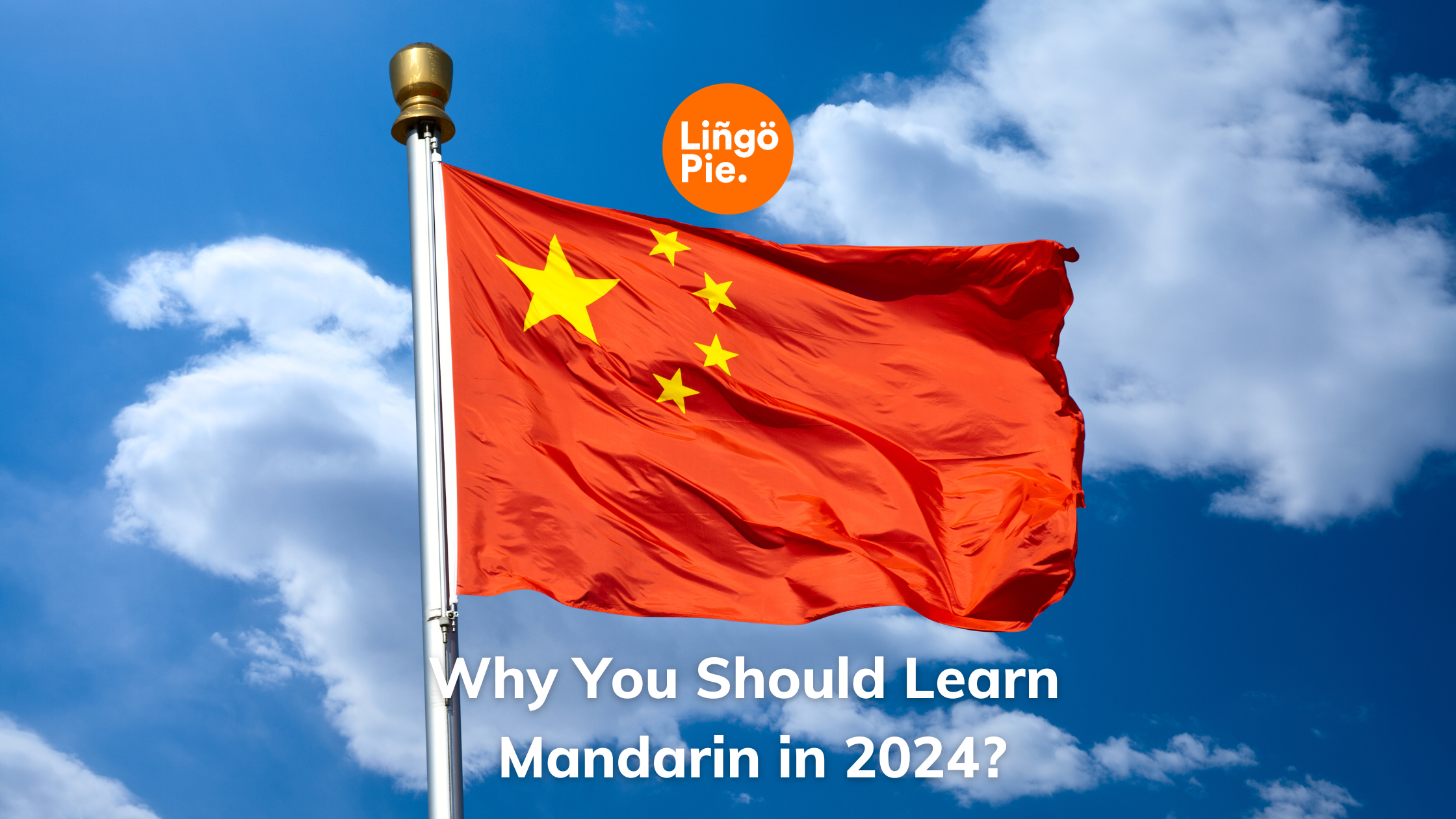
Top Video Games In China
1. League of Legends (英雄联盟)
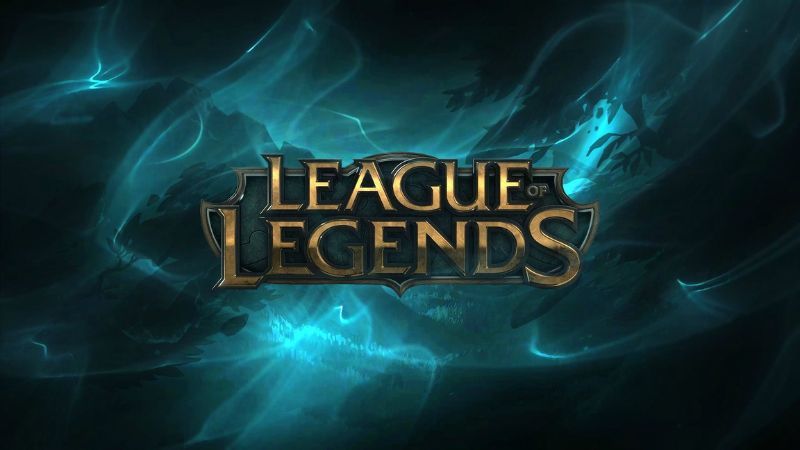
A multiplayer online battle arena (MOBA) game where players control champions with unique abilities and work together to destroy the enemy's Nexus.
Why it is popular in China: Its deep strategy, competitive esports scene, and strong community presence make it a top choice.
2. Honor of Kings (王者荣耀)
A multiplayer online battle arena (MOBA) game developed by Tencent Games. Players control characters with unique abilities and fight in team-based battles.
Why it is popular in China: Its competitive nature, strong esports scene, and mobile accessibility make it a favorite among Chinese gamers.
3. PUBG Mobile (和平精英)
A battle royale game where players parachute onto an island, scavenge for weapons, and fight to be the last person or team standing.
Why it is popular in China: The game's thrilling gameplay and the popularity of the battle royale genre contribute to its widespread appeal.
4. CrossFire (穿越火线)
A first-person shooter (FPS) game where players join either the Black List or Global Risk teams and compete in various game modes.
Why it is popular in China: Its fast-paced action, competitive modes, and long-standing presence in the market make it a staple FPS game.
5. Fantasy Westward Journey (梦幻西游)
A massively multiplayer online role-playing game (MMORPG) set in a mythological version of ancient China. Players complete quests, battle monsters, and interact with others.
Why it is popular in China: Its rich lore, community features, and engaging gameplay make it a beloved classic.
6. Genshin Impact (原神)
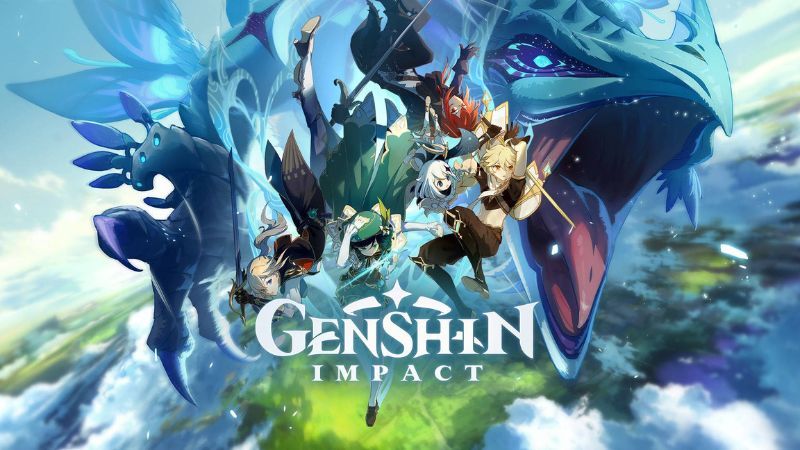
An open-world action role-playing game (ARPG) developed by miHoYo. Players explore a fantasy world, complete quests, and unlock characters.
Why it is popular in China: Its stunning visuals, engaging gameplay, and regular updates keep players invested.
7. Onmyoji (阴阳师)
A turn-based strategy game developed by NetEase. Players collect and battle spirits (Shikigami) in a world inspired by Japanese mythology.
Why it is popular in China: Its unique art style, strategic depth, and cultural themes resonate with many players.
8. Minecraft (我的世界)
A sandbox game where players can build, explore, and create in a blocky, procedurally generated world.
Why it is popular in China: Its creative freedom, educational value, and multiplayer features attract a wide range of players.
Read Also:

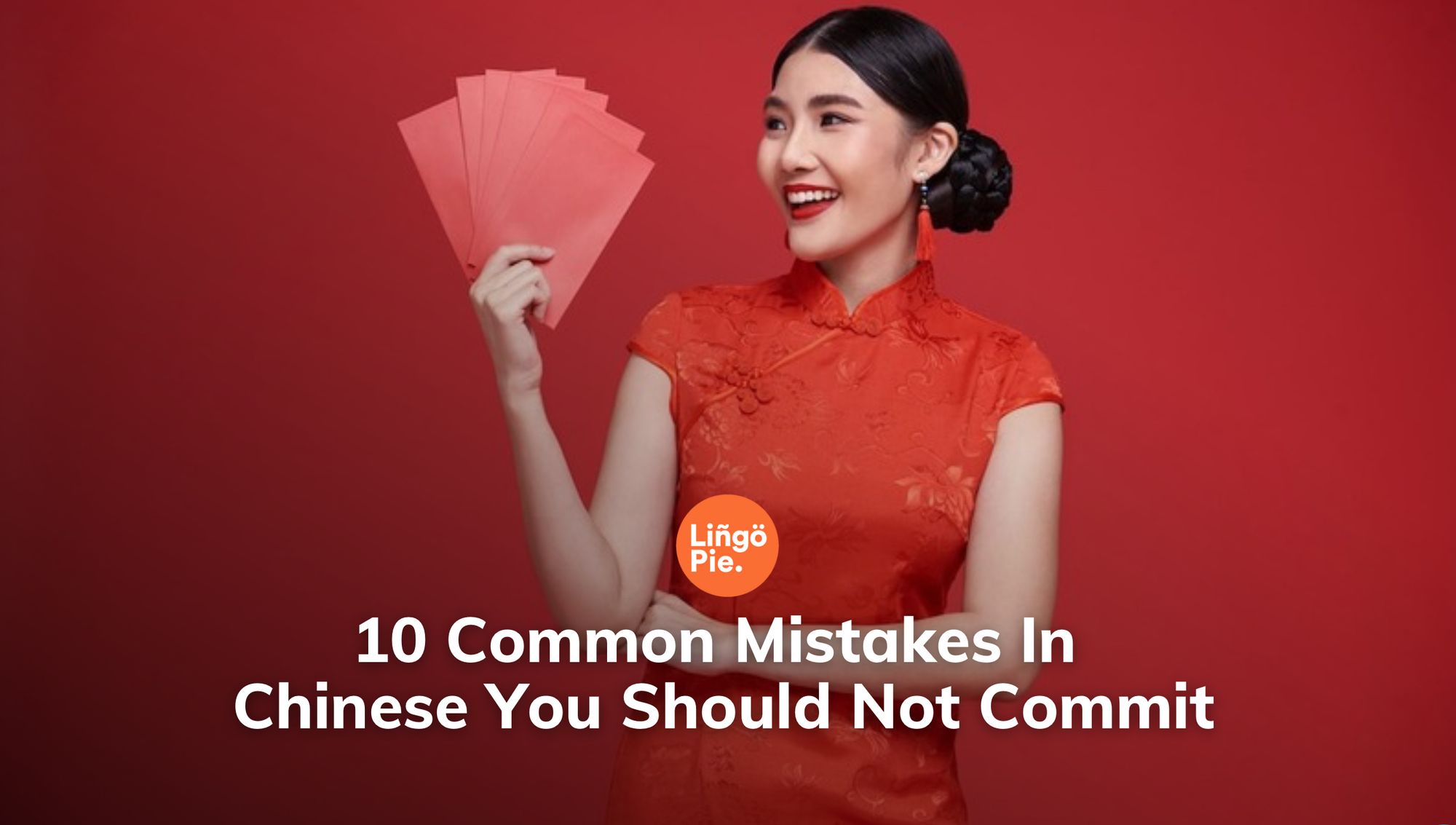
Learn Chinese With Lingopie
Ready to learn Chinese in a fun and relaxed way? Lingopie's features got you covered! Dive into a world of Chinese TV shows and movies, handpicked to help you learn the language naturally.
With Lingopie's immersive method, you can enjoy your favorite entertainment while learning new Chinese words and phrases. All shows come with 2 sets of subtitles. Click any word to get an instant translation and then review what you have learned. It is as simple as that! The more you watch, the more you learn! Start learning Chinese today with Lingopie and have fun while doing it!
Download Lingopie from the App Store or Play Store now and get a FREE 7-day trial!
Frequently Asked Questions
1. What does GG mean in Chinese?
GG in Chinese is commonly understood as "好游戏" (hǎo yóuxì), which translates to "Good Game." It is used in the same way as in English, to show sportsmanship at the end of a match.
2. What are the rules for video games in China?
China has strict regulations for video games, including limits on playtime for minors, restrictions on in-game spending, and content censorship to ensure games align with cultural and political standards. Minors are typically allowed to play for only a few hours on weekends and holidays.
3. What are video games in Chinese?
Video games in Chinese are called "电子游戏" (diànzǐ yóuxì).
4. What is the Chinese word for gaming?
The Chinese word for gaming is "游戏" (yóuxì).


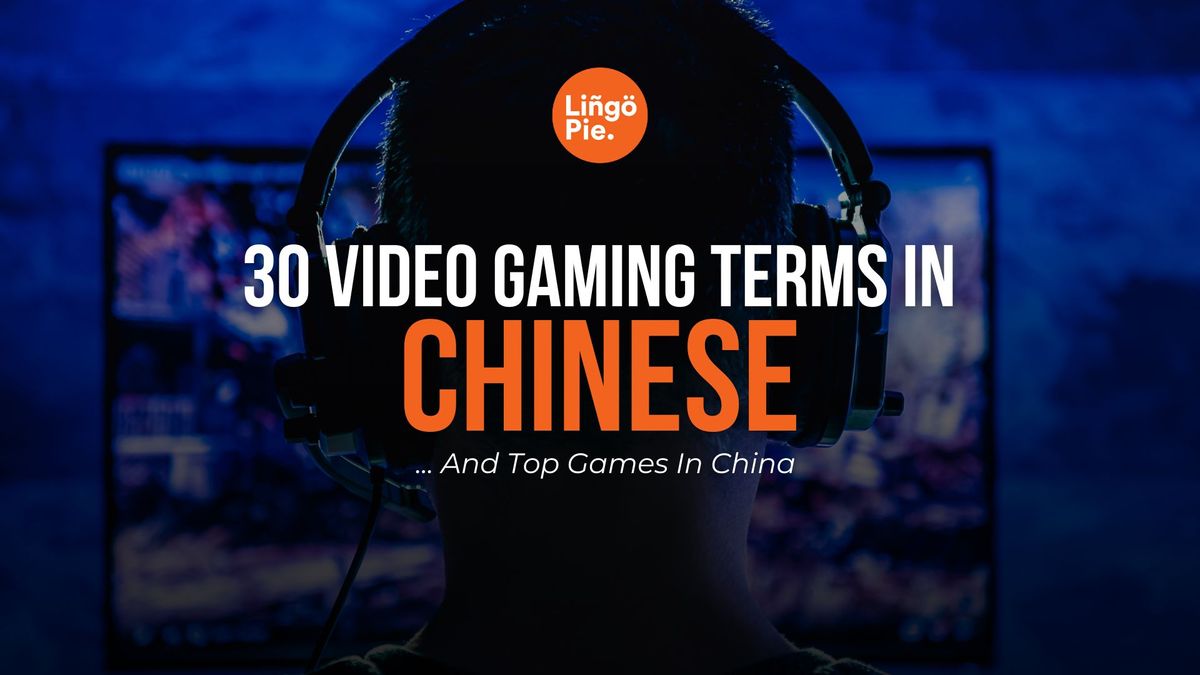




![Qixi Festival Guide: Meaning, Traditions, and Chinese Love Vocabulary [Guide]](/blog/content/images/size/w300/2025/06/Qixi-Festival-Guide.jpg)


